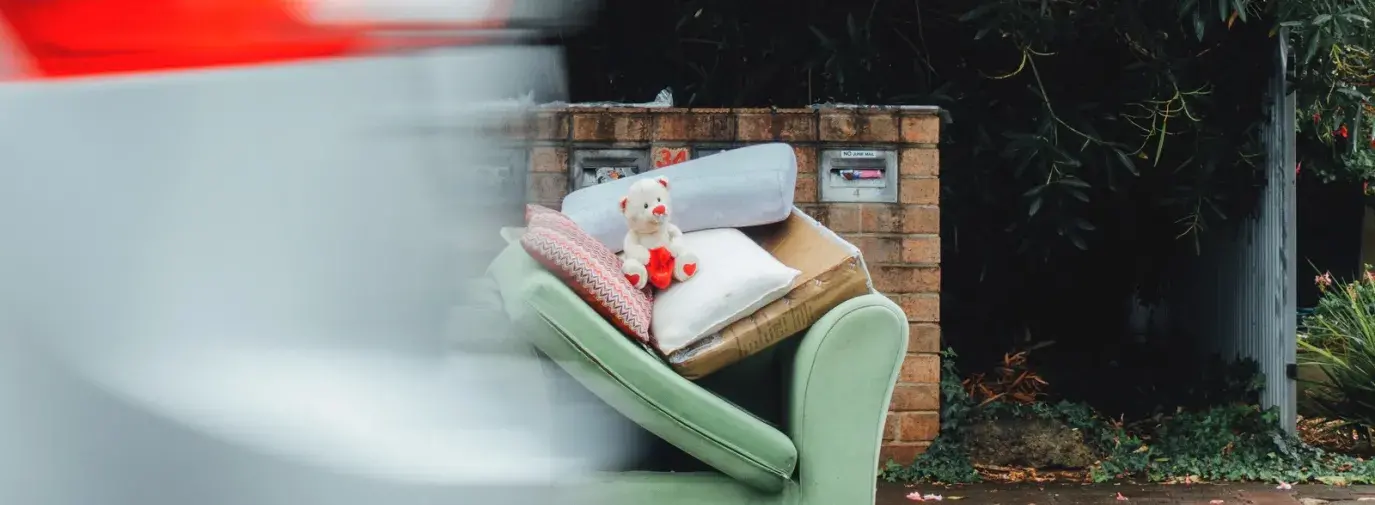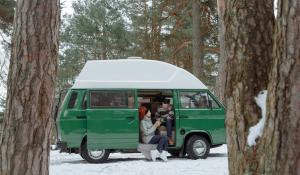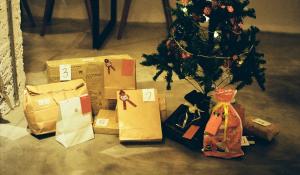
Deron Beal, Tucson, AZ
When Deron Beal was living in Tucson, Arizona, in 2003, he found he’d accumulated a warehouse of old computer parts, beds, and other stuff that wasn’t recyclable, but was in perfectly good condition.
“I tried to drive around to nonprofits and give them this stuff. But even that didn’t help me get rid of all of it,” says Beal. “I thought, there’s a Yahoo Group for my neighborhood, so why not set one up to give stuff away?”
So Beal sent an e-mail to about 30 of his friends and a few Tucson-based nonprofits announcing the creation of The Freecycle Network. The response was huge, and the Yahoo group snowballed from 60 to 800 members overnight.
“Honestly, I thought there was no way it could function at the large size of 800 people,” Beal says. But it kept functioning flawlessly. So Beal set up a national Web site, the craze spread, and the organization became the huge philanthropic system it is today.
The Freecycle Network is currently made of over 5,300 separate community-based groups with over 9 million members across the country and around the world that are each moderated by a local volunteer. Within each local group, members can post items they want to get rid of or search for free things they need. Up for the taking on the DC Freecycle Network: an outdoor lamp, a pair of men’s khaki pants, and pregnancy books. Wanted: Hawaiian-themed decorations and a laser jet printer.
The name of the grassroots, nonprofit organization comes from the idea of free recycling, but also the “free cycle” of giving with no strings attached.
“The beauty of Freecycle is it empowers each of us to make a concrete difference in our community, both in the environment and by helping people,” Beal says.
But the cycle of giving isn’t solely altruistic. Beal says The Freecycle Network is about reuse, the most important element of recycling. The organization keeps 300 tons of waste out of landfills every day. That adds up to “four times the height of Mt. Everest when stacked in garbage trucks,” Beal notes.
But The Freecycle Network is doing more than sending landfill-bound items into the hands of people who can extend their useful lifecycles. There’s a community-building aspect to the organization. Recently, for example, Freecycle New York City partnered with the Harlem YMCA and the Office of Recycling Outreach & Education to organize a “NYC Spring Cleaning Freemeet.” The event gave New Yorkers the chance to help reduce waste and save resources, while socializing with other people interested in preserving the environment or a good bargain. The remaining items were donated to local charities.
“We don’t guilt people into something. I think that’s why Freecycle works,” Beal says. “They do it because it’s fun. It plays on the best in each of us.”
And the fact that a giving network with over 3 million members works is life-affirming, he says.
“It means we as humans are basically good and giving,” Beal said. “We can make a difference.”
To join this global system of “paying it forward,” visit www.freecycle.org. Find your local Yahoo Group, and click “join.” From there, one of the 10,000 volunteers worldwide will send you instructions on how to use the network.







